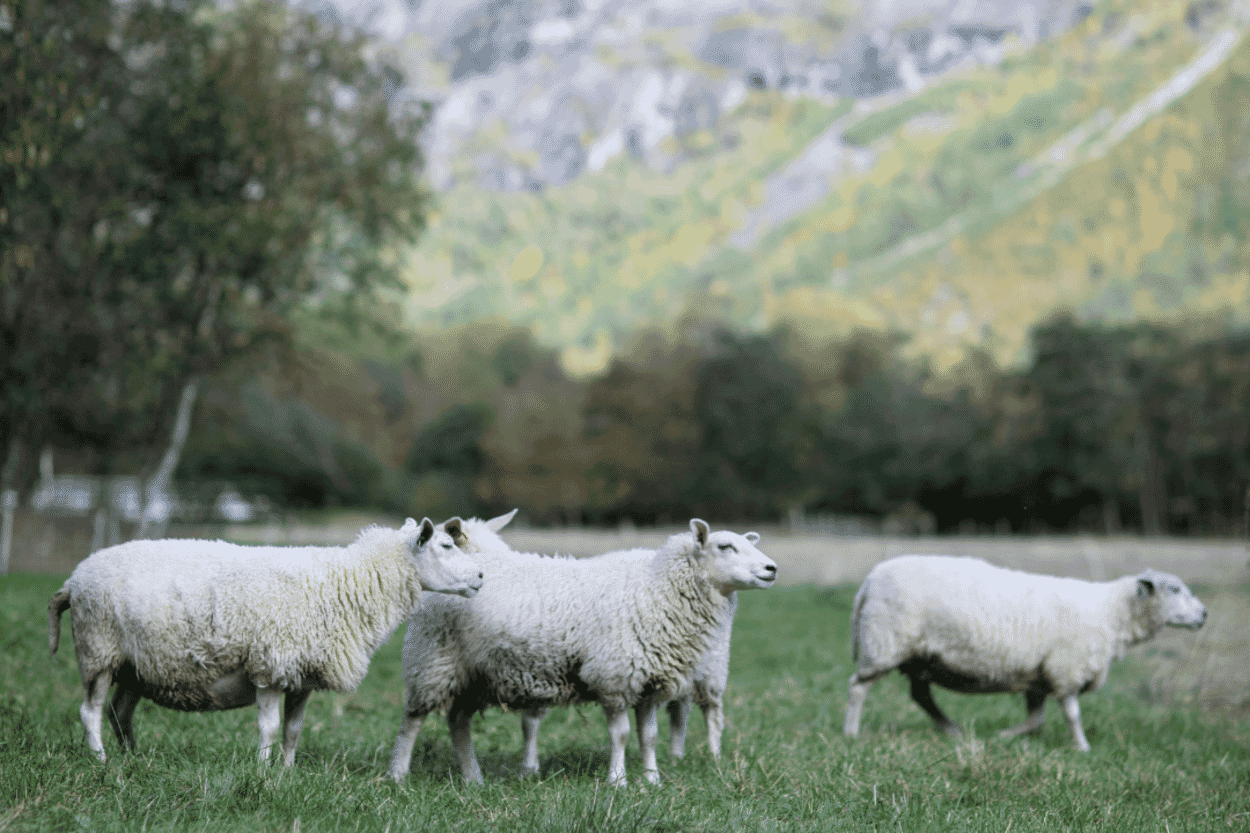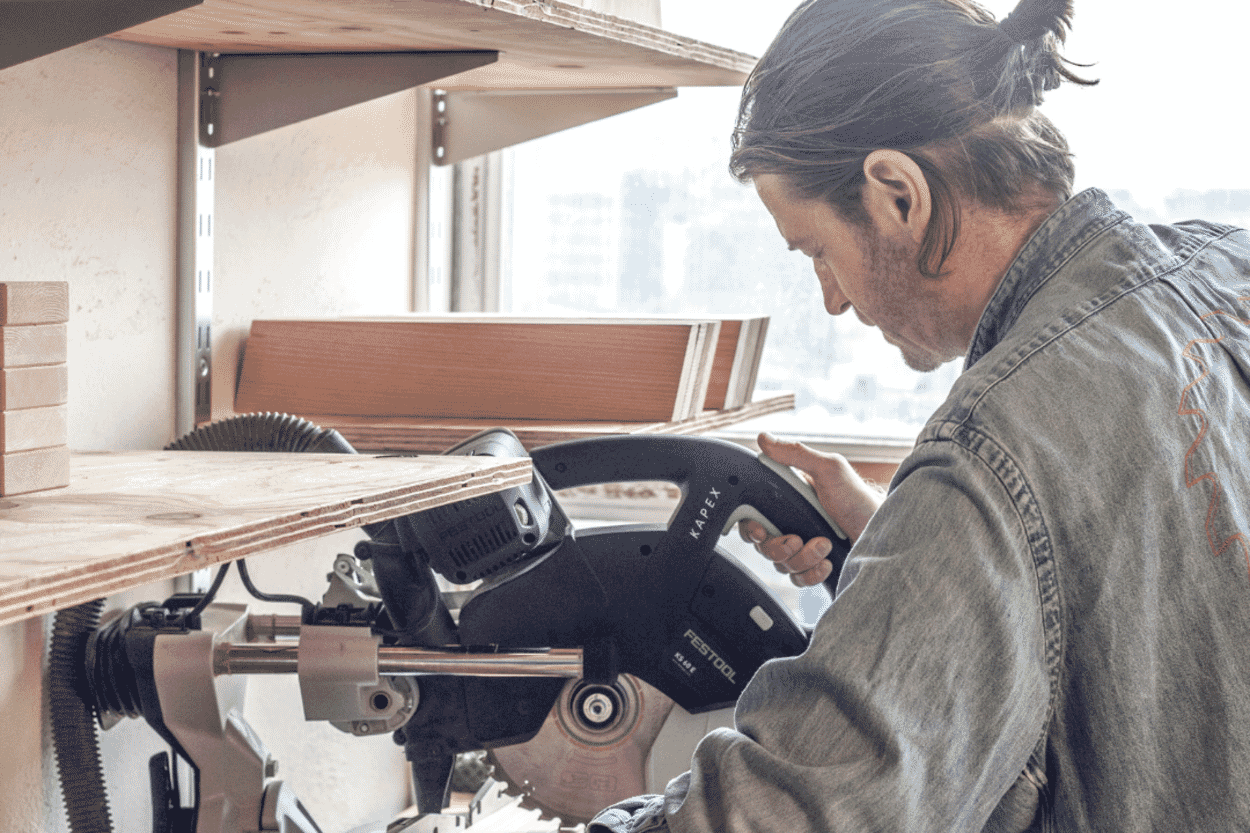Cast in stone
Visit to Kaufmann Keramik in Rehau
Why always reinvent everything? People have known and used the special properties of ceramics for thousands of years: open-pored fired clay absorbs around ten percent moisture from the air and slowly releases it again. This has always made ceramic containers ideal for storing and cooling food. The Frankfurt-based designer Kai Linke also drew on this traditional know-how when he developed his REHAU collection together with Kaufmann Keramik. "You might think that plastic or glass are best for storage, but that's often not the case," says the designer. The REHAU collection includes a bread box, a storage box for vegetables and a drinks cooler, all simple, clear and contemporary in form and function. As a designer, Kai Linke sees it as his responsibility to develop new applications and products for traditional materials and craft techniques. This is the only way to preserve old knowledge for the future.
Linke made the containers even better with discreet design details: the storage box has small holes to allow air to circulate. The base of the bread bin is sealed, making it easier to clean. The inside of the cooler is also glazed at the bottom so that no moisture is released downwards. The entire collection is handmade by Kaufmann Keramik in Upper Franconia, in the municipality of Rehau that gives the collection its name. It is located in the heart of the traditional German porcelain and ceramics region not far from the Czech border. A total of around 70 men and women are employed at the manufactory; in addition to Linke, the designer Sebastian Herkner and the interior designers Studio Aberja also create stove tiles and tiles for the family business.
Every single piece in the REHAU collection passes through many hands at Kaufmann Keramik, from pouring the liquid clay into the mold to drying, cleaning, grinding, glazing and firing in the kiln at around 1,050 °C. "My designer heart simply beats faster when I see how people work here," enthuses Linke. "How often a product is handled. You can really feel the craftsmanship in the items."
KAI LINKE
is a product and exhibition designer with a studio in Frankfurt am Main.
Pictures: Ingmar Kurth; Michael Tewes
More craftsmanship between tradition and modernity
Ifö Electric actually specialized in fuses - until Anders Öringe took over. Today, the company from the south of Sweden manages the balancing act between tradition and modernity with its porcelain lights.
All made in Norway: Røros Tweed not only has its own spinning and weaving mill - the traditional family business also uses wool from local sheep for its textiles.
Designers and thinkers Enzo Mari and Victor Papanek were already interested in building furniture themselves and making the world a little better. Japanese architect Keiji Ashizawa has taken the idea a little further.

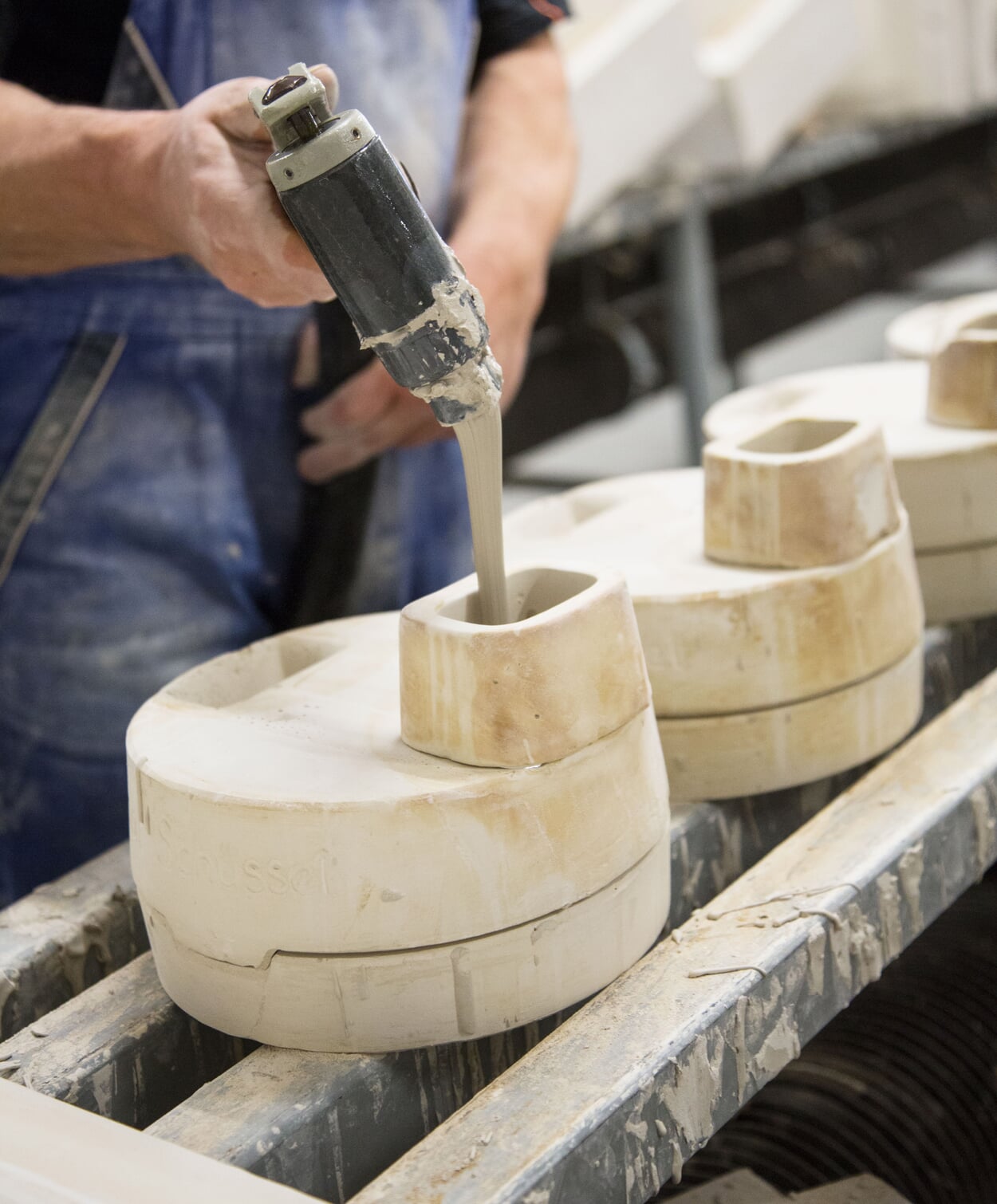

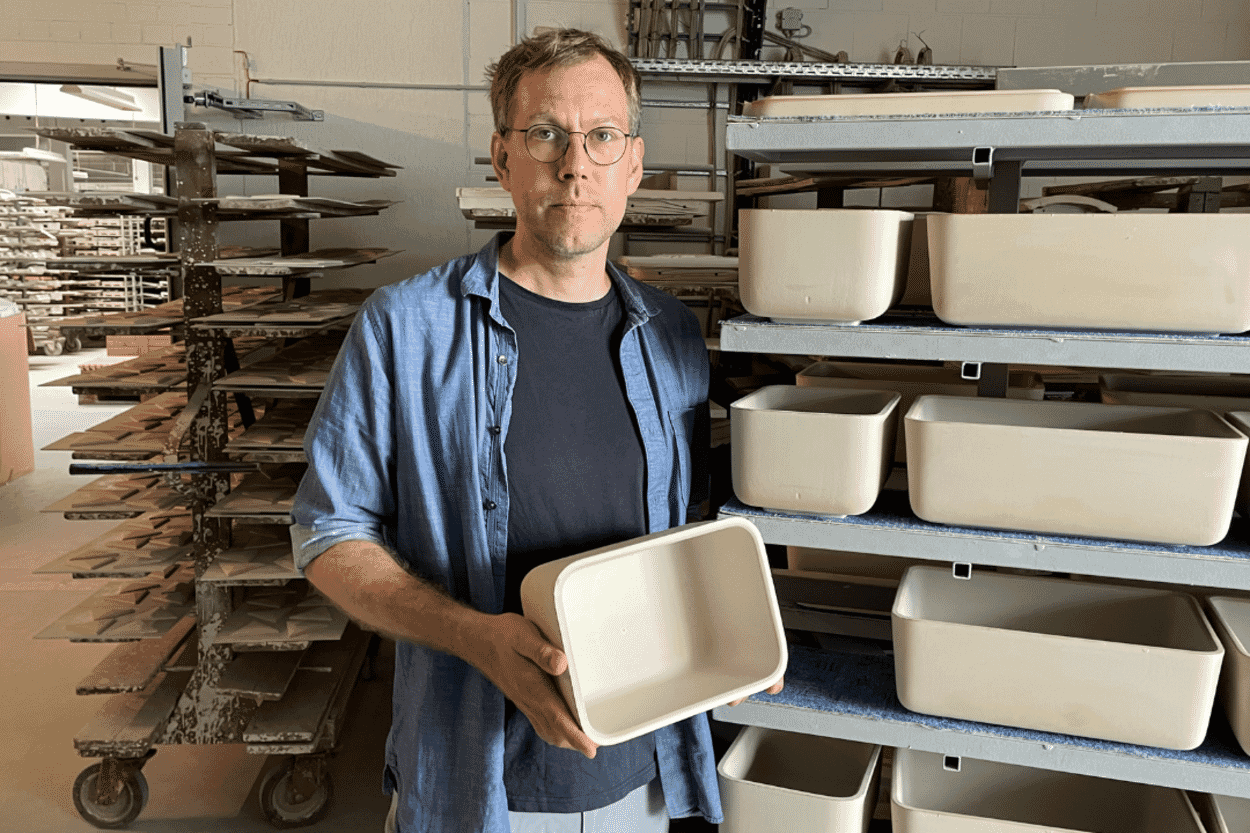

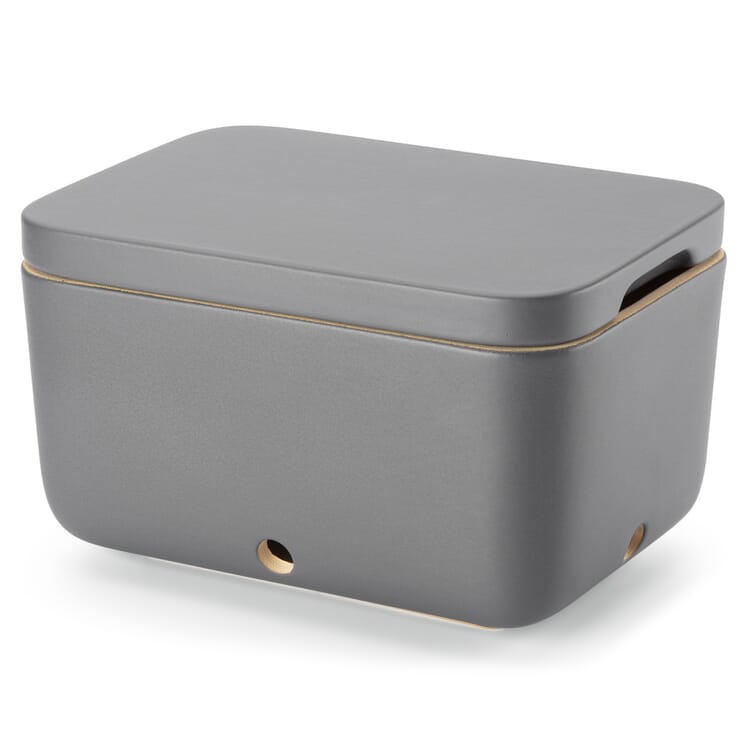





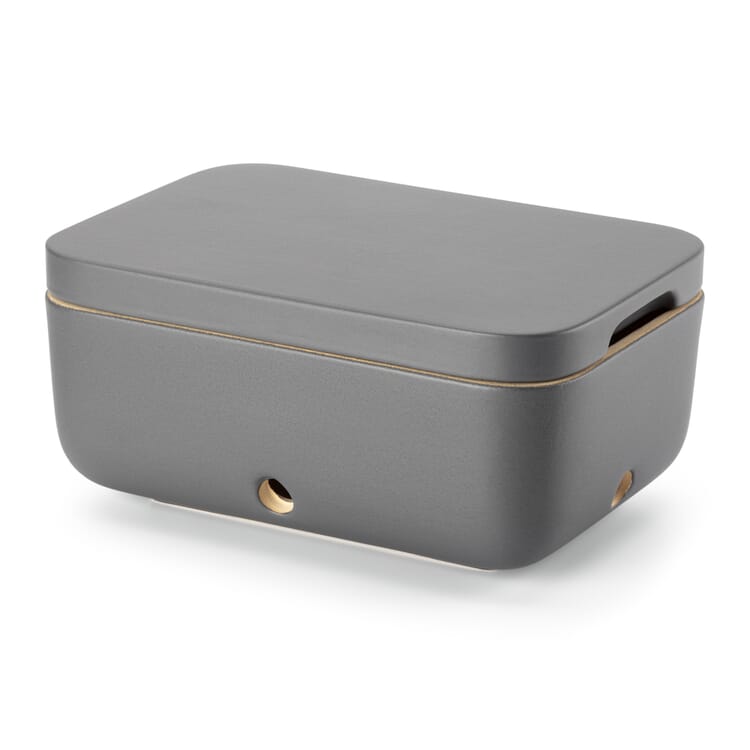









.png?profile=kuratorteaser_32)
.png?profile=kuratorteaser_1250)

